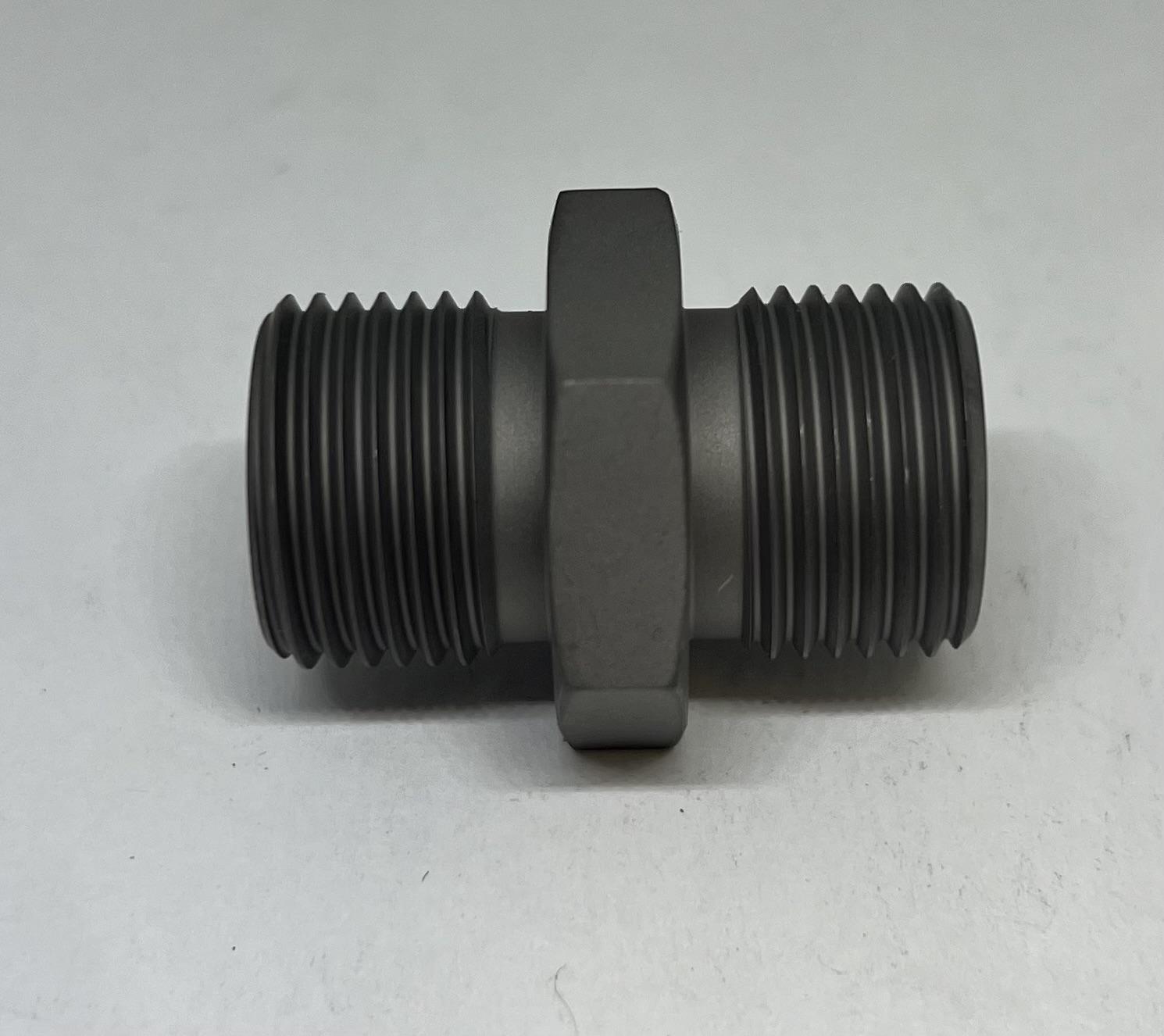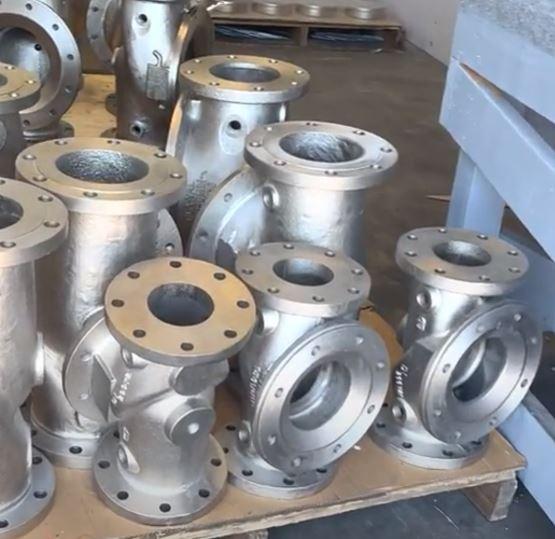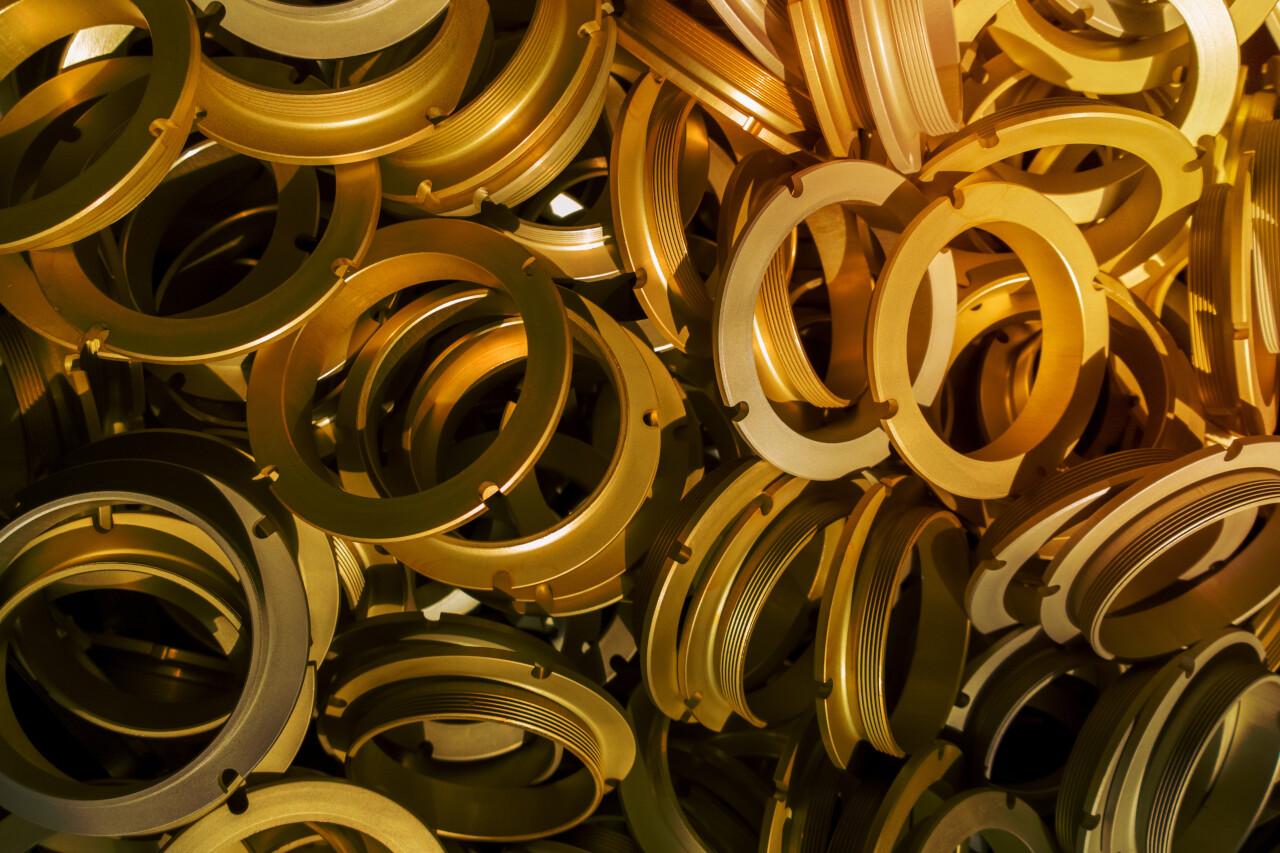Fluoride Phosphate Conversion: Understanding the Process and Benefits from Fluoride Phosphate Plating
The fluoride phosphate conversion coating or fluoride phosphate plating is a unique surface treatment developed specifically for titanium alloys. Titanium has become more and more widely used in a variety of industries, especially in crucial aerospace applications where dimensional accuracy and reliable performance are standard. And as the use of titanium grew, so did the number of surface treatments that could improve its hardness and resistance, one of which being the fluoride phosphate conversion coating.
Chemical Conversion–Using the Surface Itself for Protection
Conversion coatings are a unique type of chemical treatment that can be applied to a variety of metal components. Rather than actually coating the surface with a different material, such as in nickel or zinc electroplating, chemical conversion instead causes the surface of the metal part itself to become the protective barrier without actually adding anything to it. The parts are immersed in a chemical bath that causes the surface to react and change into a thin, uniform layer that protects the metal underneath from corrosion and other hazards.
Fluoride Phosphate Conversion Coating for Titanium
Fluoride phosphate plating, better described as a fluoride phosphate chemical conversion, is a type of chemical conversion coating developed for titanium alloys. The titanium parts are first cleaned, etched, and descaled to ensure that they are entirely free of debris and contaminants. Then, they’re immersed into a fluoride phosphate chemical bath for 2-4 minutes, allowing the fluoride phosphate to react with the surface and create the protective layer. Then, the parts are removed, rinsed, and allowed to fully dry before they are inspected for any imperfections that could affect the coating’s performance or aesthetics.
Fluoride phosphate has a lot of benefits to offer, the first being that it is incredibly fast and simple compared to other types of surface treatments. In addition to improving a titanium component’s corrosion resistance, this treatment also improves anti-galling and adhesion, making it much easier to add secondary coatings like paints, primers, and powders. The resulting surface coating is a uniform, inert layer with very little effect on the part’s dimensional tolerances, and looks nice as well, being a clean, dark grey color. Plus, fluoride phosphate treatments tend to be much more environmentally friendly than other types of metal plating and coatings, making it an excellent choice for all different kinds of applications that use titanium.
Looking for an expert in metal surface finishing and treatments?
Reid Metal Finishing is a trusted supplier of anodizing, plating, and chem film treatments for a wide range of industries. Head over to our website to learn more about how we can serve you!




